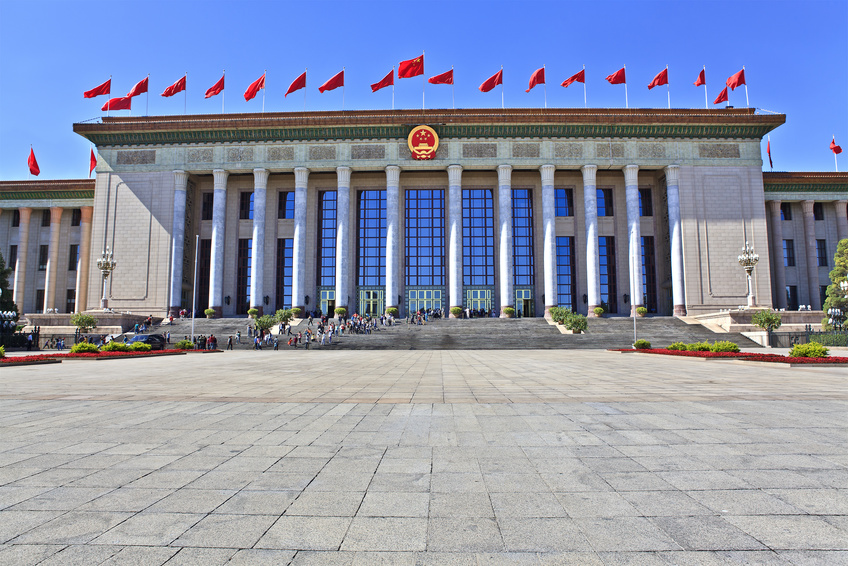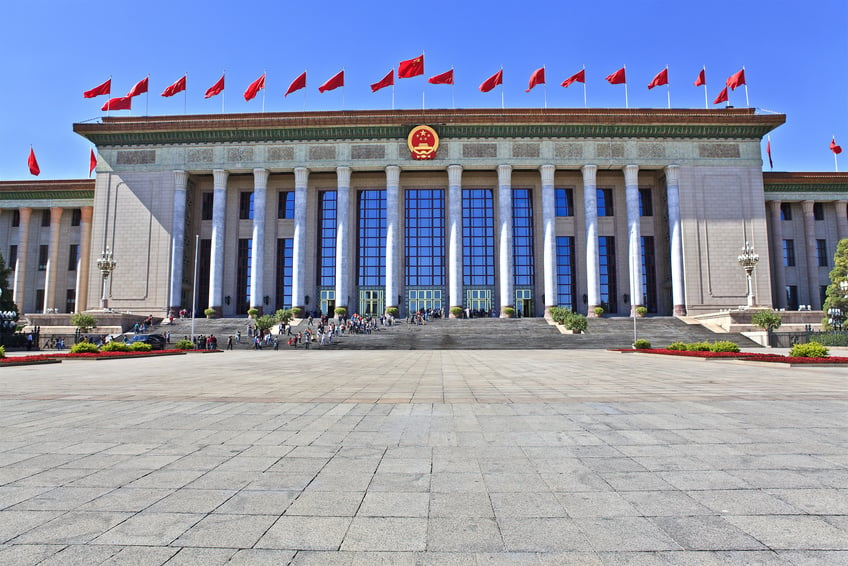The wide-ranging proposed amendments to China’s Antimonopoly Law (AML) (“Proposed Amendments”) were published for public comments immediately after being presented to China’s top legislature for the first reading. It is clear from the Proposed Amendments that China intends to continue to strengthen antitrust enforcement.
On 10 November 2020, China’s State Administration for Market Regulation (SAMR) published draft Anti-Monopoly Compliance Guidelines for the Platform Economy (“Draft Guidelines”) for public consultation.1
The Draft Guidelines clearly signal that stronger antitrust enforcement in China’s tech sector is likely. This appears to be driven by a desire on the part of the Chinese government to rein in the growing strength of internet platforms, and to encourage a more diverse market structure.
The Draft Guidelines are expected to be finalized by the end of this year or early next year.
On 18 September 2020, China’s State Administration for Market Regulation (SAMR) published the final version of the Anti-Monopoly Compliance Guidelines for Business Operators (Antitrust Compliance Guidelines)[1]. The guidelines provide a framework for how business operators should establish an antitrust compliance system and manage antitrust compliance risks in China. The Antitrust Guidelines are not mandatory but are indicative of the key aspects SAMR would expect to see in a good compliance programme.
On 16 April 2020, the Hong Kong Competition Commission (HKCC) introduced significant reforms to its leniency policies, publishing:
Substantial revisions to its corporate leniency policy, aimed at businesses (Revised Corporate Leniency Policy)
A new leniency policy aimed at individuals (Individual Leniency Policy)
The Chinese government released plans to amalgamate the three agencies currently responsible for antitrust enforcement into a single department
The Hong Kong Government has announced that it will provide extra dedicated funding of HKD 200 million (approximately US 25 million) to the Hong Kong Competition Commission, to enable it bring cases to the Competition Tribunal against businesses suspected of violating the Competition Ordinance.
More than six months have passed since the full implementation of the Hong Kong Competition Ordinance on 14 December 2015. We highlight the most significant developments over the past six months.
China’s National Development and Reform Commission published Draft Guidelines on the Determination of Illegal Gains and Fines in Relation to Business Operators’ Monopolistic Conduct for public consultation.
China’s National Development and Reform Commission formally launched a large scale and systematic antitrust and price inspection into China’s pharmaceutical and medical devices industries







